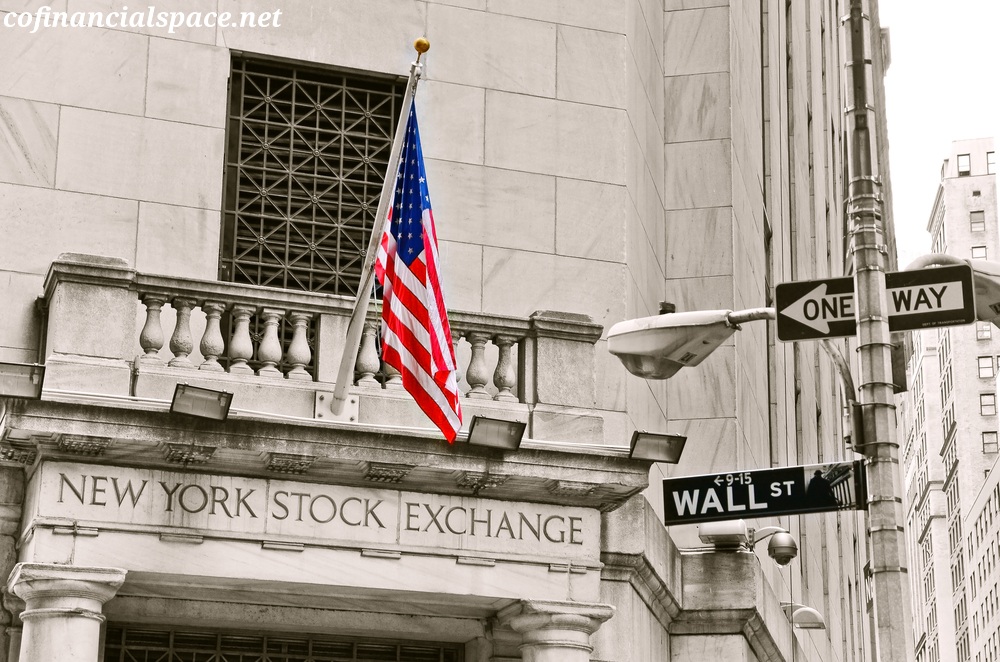
12 mars 2023
The New York Stock Exchange closed down due to concerns over the bankruptcy of Silicon Valley Bank (SVB) and the potential for contagion. This overshadowed the sentiment that the US Federal Reserve (Fed) may not be as heavy-handed as previously thought.
The Dow Jones fell by 1.07%, the Nasdaq by 1.76%, and the broader index by 1.45%.
During the session, the troubles of the California-based bank, SVB, caused the suspension of its trading before opening. Later in the morning, the US deposit guarantee agency, the FDIC, announced that it had taken control of the bank, which amounts to bankruptcy.
SVB faced significant withdrawals from clients, including many start-ups and venture capital funds in the technology sector. The bank was unable to raise capital to strengthen its balance sheet as announced on Wednesday.
In a statement to AFP, Nasdaq, where SVB was listed, indicated that the FDIC's intervention was "equivalent to bankruptcy, which justifies the removal of the bank's listing." This means that the value of the bank's shares will fall to zero, erasing the company's market capitalization, which was valued at over $16 billion on Tuesday evening.
Several medium-sized or regional banks were affected on Friday, frightened away by wary investors. Among them were First Republic (-14.84%), the 14th largest US bank by asset size. The bank's profile is particularly worrying as its clientele is mostly made up of wealthy individuals and companies, whose deposits exceed the $250,000 guaranteed by the Federal Deposit Insurance Corporation (FDIC).
Signature Bank (-22.87%), which operates in California, or Western Alliance (-20.88%), based in Phoenix (Arizona), were also hit hard.
Charles Schwab (-11.69%), a major financial institution, was the only one to experience a significant drop, while JPMorgan Chase (+2.54%) and Wells Fargo (+0.56%) even ended up in the green.
"This is the second day of concern about the banking sector, with questions about whether this represents systemic risk," commented Angelo Kourkafas of Edward Jones. "The answer is probably no, but confidence (of investors) is a bit shaken."
The VIX index, which measures market volatility, rose to its highest level in four months, indicating a significant increase in nervousness among investors.
According to the analyst, this development and the macroeconomic indicator of the day "show that we are beginning to feel the effect of the Fed's monetary tightening on the markets and the economy."
Before opening, the US Department of Labor reported 311,000 job creations in February, more than the expected 225,000, but also a higher unemployment rate at 3.4% compared to 3.6% in January.
Additionally, the average wage rose by 0.2% in one month, less than the 0.3% projected by economists, which was the figure recorded in January.
This picture of a US economy shaken by rising interest rates should prompt the Federal Reserve to abandon a half-point increase in its benchmark rate at its next meeting, an hypothesis raised by its chairman, Jerome Powell, this week.
"Until we see an inflation surge" in the Consumer Price Index report on price developments in February, expected on Tuesday, "the Fed should remain on a quarter-point pace" of percentage increases per meeting, said Edward Moya of Oanda in a note.
This view of a less aggressive Fed than anticipated and the general risk aversion climate boosted bonds, which soared on Friday. Their yields, which move in the opposite direction to their prices, plunged.
The yield on 10-year US Treasury bonds fell to 3.